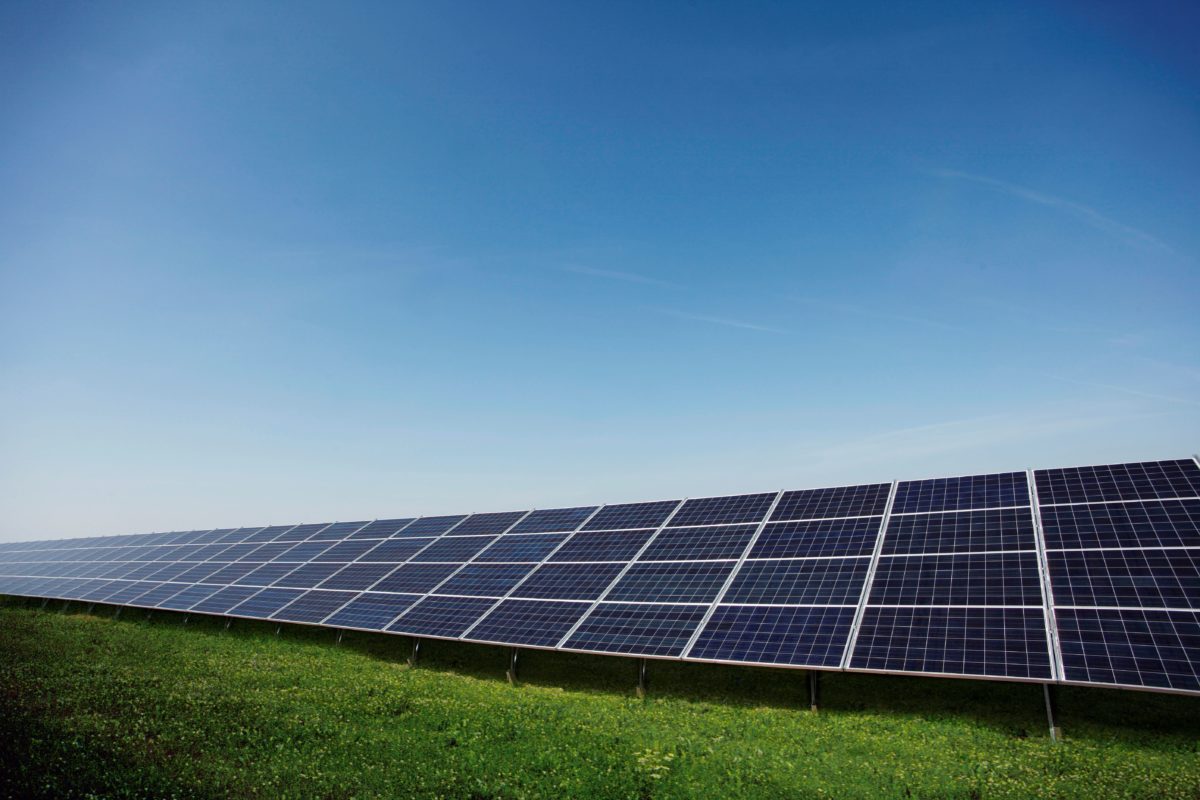BayWa r.e. is now working on a 40 MWp solar project with annual generation of 52 GWh at first, coupled with an energy storage system. The capacity of the storage system has not been specified. Eventually, the project will be used in green hydrogen production, via a partnership with Lhyfe.
France's Lhyfe will develop the green hydrogen production side of the hybrid facility, which will use solar generation. According to BayWa r.e., there is a market for green hydrogen among industrial players, local authorities, associations, schools, and urban transport operators, all within a 150 km radius of the site.
However, a one-year study on local usage potential will be conducted before any firm plans are made for green hydrogen production. BayWa r.e. wants the local authority to invest in the project during its development and become a majority shareholder during the construction and operation phase.
“This project will be a blueprint for regions that want to actively take part in the energy transition, especially as an investment opportunity for local authorities,” said BayWa r.e. France Managing Director Céline Tran.
French President Emmanuel Macron has made no secret of his country's interest in green hydrogen, as it is one of the country's development objectives for 2030. Macron mainly wants to produce green hydrogen through nuclear energy, but there still remains opportunity for solar-based electrolysis.
With green hydrogen plans shelved over the short term, the real thrust of the project is the potential of its solar storage. BayWa r.e. said that its solar-plus-storage hybrid will be able to “optimally” integrate with the grid, where it will “contribute to securing the electricity supply, particularly during the peak winter period.”
BayWa r.e. France's director of innovation, Mathieu Bordeleau, said the company wants “this project to be a showcase of innovation in France that highlights the benefits of combining flexibility tools with renewable energy production.” He added that the company is “committed to demonstrate (sic) the technical feasibility of the project, but also its economic relevance with regard to all the services provided.”
This content is protected by copyright and may not be reused. If you want to cooperate with us and would like to reuse some of our content, please contact: editors@pv-magazine.com.




2 comments
By submitting this form you agree to pv magazine using your data for the purposes of publishing your comment.
Your personal data will only be disclosed or otherwise transmitted to third parties for the purposes of spam filtering or if this is necessary for technical maintenance of the website. Any other transfer to third parties will not take place unless this is justified on the basis of applicable data protection regulations or if pv magazine is legally obliged to do so.
You may revoke this consent at any time with effect for the future, in which case your personal data will be deleted immediately. Otherwise, your data will be deleted if pv magazine has processed your request or the purpose of data storage is fulfilled.
Further information on data privacy can be found in our Data Protection Policy.